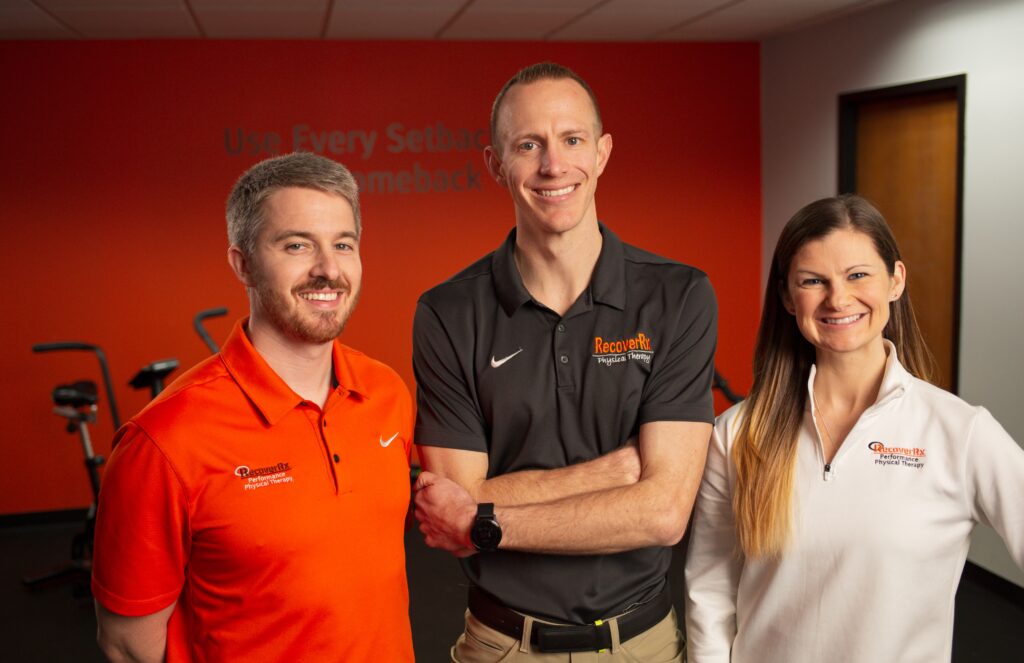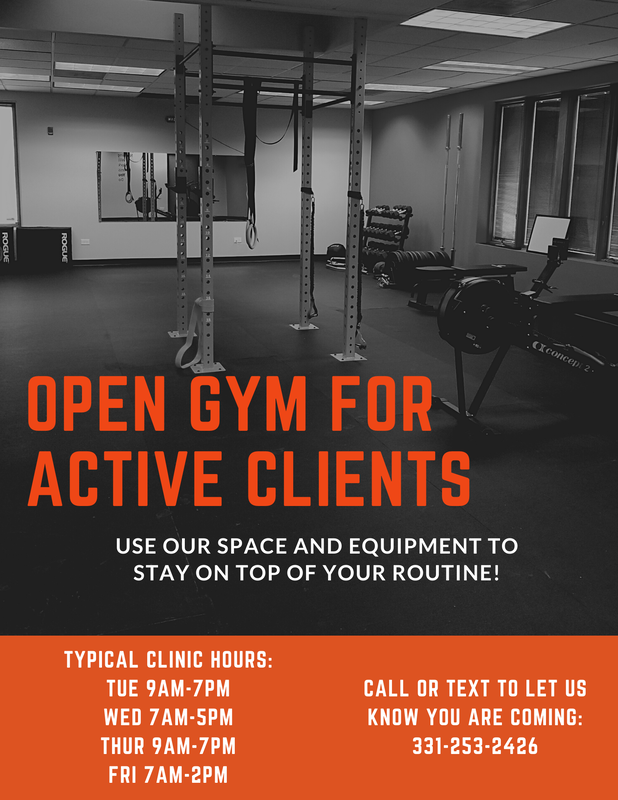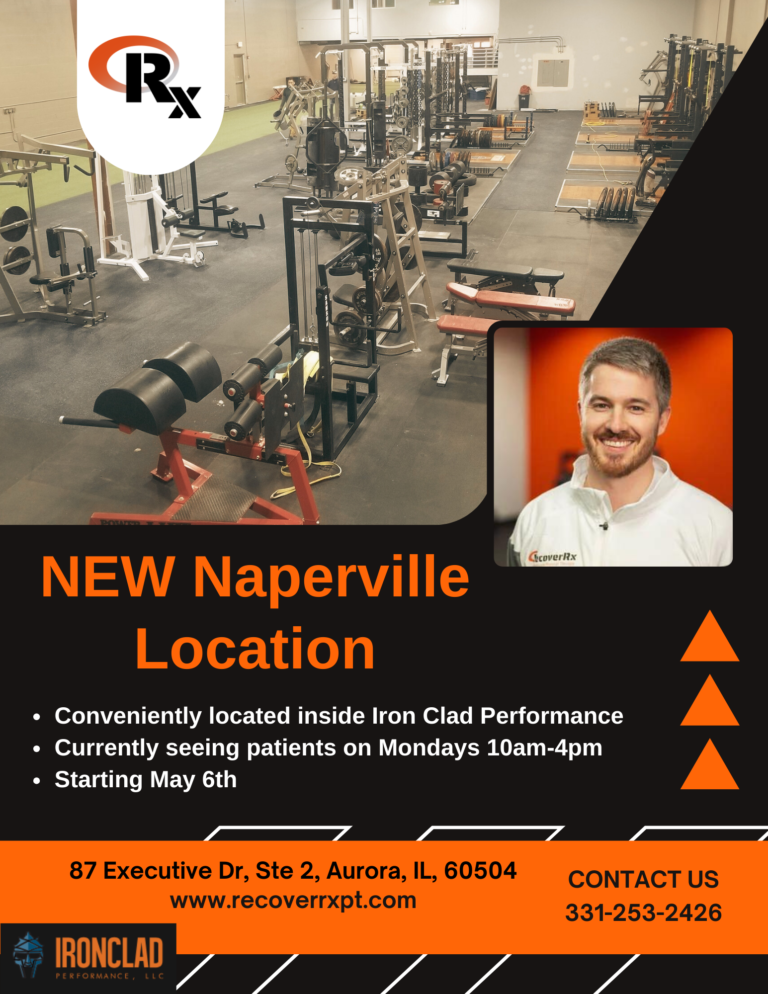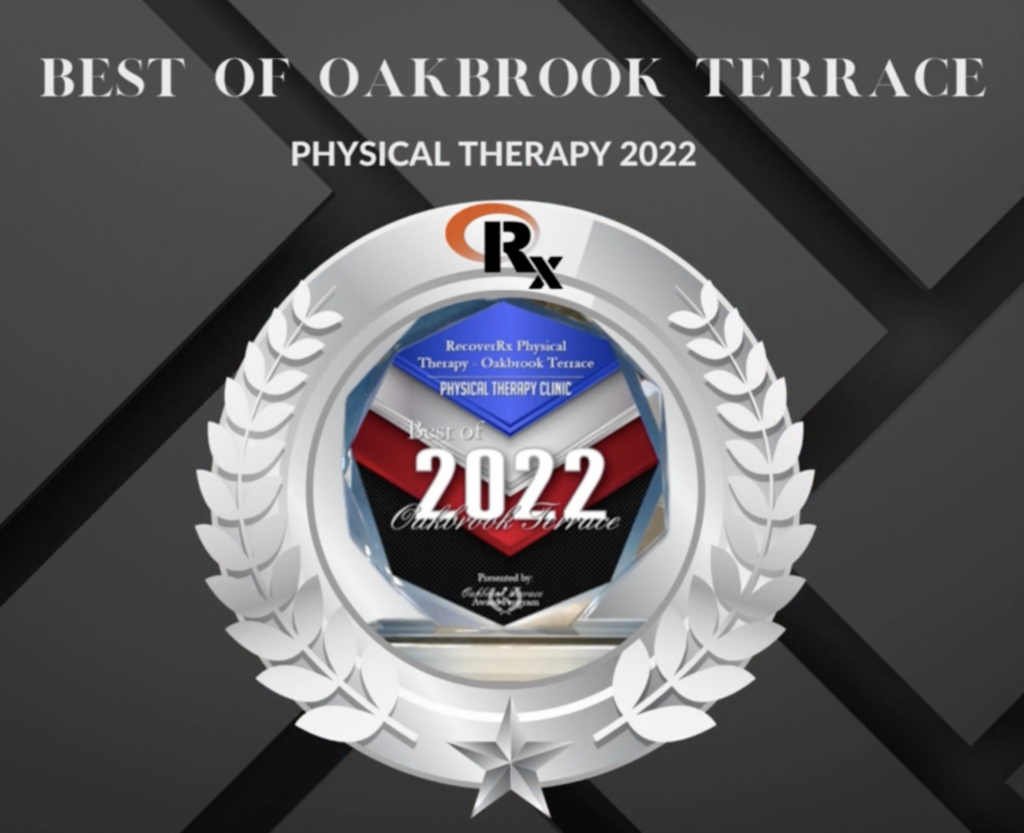Introduction
Concussions, or mild traumatic brain injuries, are a pressing issue not only in sports but in any scenario prone to falls or physical abuse, affecting daily life significantly. Annually, more than 300,000 sports-related concussions are diagnosed in the United States alone, underscoring the prevalence of this type of head injury.
The path to healing is often intricate, with recovery time varying widely among individuals. Advances in medical science have brought concussion therapy to the forefront, revolutionizing how concussion patients recover. This blog explores the nuanced treatments and rehabilitative techniques within concussion therapy, emphasizing their impact on speeding recovery and enhancing patient outcomes.
What is Concussion Therapy?
Concussion therapy involves a comprehensive, multidisciplinary approach designed to treat the wide array of symptoms following a head injury, tailoring treatment plans to each individual’s needs. This innovative therapy combines physical therapy, cognitive rest, occupational therapy, and neuro-optometric rehabilitation, underpinning the importance of a personalized care plan in facilitating recovery from acute concussions and mitigating post-concussion syndrome.
How Concussion Physical Therapy Helps
Alleviate Symptoms
Physical therapists are instrumental in mitigating common concussion symptoms like headaches, dizziness, neck pain, and balance issues by using concussion physical therapy and concussion therapy exercises. By incorporating therapeutic exercises, such as those performed on stationary bikes to regulate heart rate safely, patients can experience significant symptom relief and pain relief, fostering an improved quality of life throughout their recovery.
Guided Recovery
A meticulously crafted treatment plan, overseen by healthcare providers including physical therapists and concussion specialists, ensures that patients progressively reclaim strength and cognitive function. This individualized care plan is vital in navigating the phases of concussion recovery, from the symptomatic phase to the full return to activity.
Vision Issues
Post-concussion vision problems, including blurred vision, double vision, and issues with eye tracking, are addressed through specialized therapies like neuro-optometric rehabilitation. Occupational therapists also play a crucial role in treating these vision issues, helping patients improve their focus and manage eye pain effectively.
Prevention of Persisting Symptoms
After experiencing a concussion, most individuals see an improvement from the initial symptoms within 2 to 4 weeks. However, it’s important to note that while long-term effects are rare, approximately 20% of concussion patients may encounter persistent symptoms associated with post-concussion syndrome, extending beyond 6 weeks.
Early and active rehabilitation is key to preventing persistent symptoms and long-term complications, such as post-concussive syndrome. Systematic reviews have highlighted the efficacy of multidisciplinary approaches in reducing the duration of post-concussion symptoms.
Returning to Normal Activity or Sport
Athletic trainers and physical therapists collaborate to devise a safe return-to-sport strategy for athletes recovering from a sport-related concussion. This strategy includes gradually increasing the athlete’s activity level while monitoring for signs of concussion, ensuring a balance between mental rest and physical activity to avoid adverse effects.
Effective Concussion Therapy Exercises

Physical Therapy
Physical therapy exercises aimed at improving balance, strength, and flexibility are critical in restoring function and minimizing vertigo and dizziness, common in concussion patients. These exercises are part of a broader active rehabilitation approach, encouraging safe physical activity as part of the recovery process.
Cognitive Therapy
Addressing cognitive symptoms through cognitive tasks and therapy helps manage memory, concentration, and other cognitive skills impacted by the concussion. Speech therapists often assist in this process, offering strategies to improve cognitive function and facilitate mental health recovery.
Vision Therapy
Specific exercises in vision therapy help rectify visual disturbances, such as peripheral vision issues and blurry vision, enhancing overall visual performance and reducing strain.
Vestibular Therapy
Vestibular therapy is paramount for those experiencing balance issues due to inner ear disturbances. It aids in regaining stability and improving reaction time, crucial for daily activities and sports performance.
Neuromuscular Therapy
Neuromuscular therapists focus on improving the coordination between nerves and muscles, essential for reducing the risk of further injury and enhancing motor functions.
The Road to Concussion Recovery Therapy

Get Evaluated
A comprehensive evaluation by a health care provider or concussion specialist is essential to understand the severity of the initial injury and customize the treatment approach, potentially including magnetic resonance imaging (MRI) to assess any brain or spinal cord injuries and ensure a successful concussion recovery therapy.
Rest
Following a concussion, complete rest is advised during the acute phase to allow the brain to heal. This strict rest involves minimizing mental activities and physical exertion, crucial for mitigating post-concussion symptoms.
Hydration and Nutrition
Proper nutrition and staying hydrated are foundational to supporting brain health and recovery, offering natural pain relief and aiding in the management of emotional symptoms associated with concussions.
Avoid Triggers
Patients are encouraged to identify and avoid triggers that exacerbate their symptoms, whether it’s specific physical activities, cognitive tasks, or environments, to ensure a smoother recovery trajectory.
Medication
Medications may be prescribed to manage specific symptoms, such as headaches or emotional symptoms, always under the strict supervision of a healthcare provider to monitor for any adverse effects.
Start Therapy
Based on initial assessments, a combination of treatment options, including physical, cognitive, vision, and vestibular therapies, will commence, tailored to address the individual’s symptoms and facilitate recovery.
Gradual Return to Normal Activities
A phased approach, closely monitored by healthcare providers, ensures that activities, whether daily routines or sports, are safely resumed, minimizing the risk of recurrence or exacerbation of symptoms.
At Recover RX Performance Physical Therapy, we understand the profound impact concussions can have on an individual’s life. Our dedicated approach to concussions and vestibular therapy is rooted in a deep commitment to personalized care, utilizing a three-step process to treating concussions that emphasizes early intervention, customized rehabilitation, and a guided return to daily activities.
With a focus on innovative and evidence-based treatments, our goal is to expedite recovery while ensuring each patient achieves their optimal level of performance and well-being. Trust us to be your partner in navigating the path to recovery with the expertise, compassion, and personalized attention you deserve.
Conclusion
Concussion therapy, with its focus on personalized treatment plans and multidisciplinary approaches, marks a significant advance in the management and recovery of concussion patients. This patient-centric methodology not only accelerates the healing process but also plays a pivotal role in educating patients on concussion management and prevention. As research into concussion therapy continues to evolve, these methods are expected to become increasingly effective, further revolutionizing the recovery landscape for patients with head injuries.
FAQs
What is the rehabilitation treatment for concussions?
The rehabilitation treatment for concussions is a multidisciplinary approach that includes physical therapy, cognitive therapy, vision therapy, vestibular therapy, and neuromuscular therapy, among others, designed to address the specific symptoms and needs of the patient.
What are the benefits of concussion therapy?
Concussion therapy offers numerous benefits, including alleviating symptoms, reducing the risk of chronic conditions, improving cognitive and physical functions, and ensuring a safe and informed return to daily activities or sports.
Why is it important to fully recover from a concussion?
Fully recovering from a concussion is crucial to prevent long-term brain damage, and subsequent concussions, and to ensure overall well-being and quality of life, highlighting the importance of following a comprehensive treatment plan overseen by healthcare providers.





